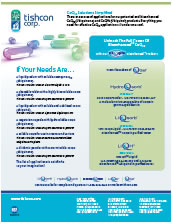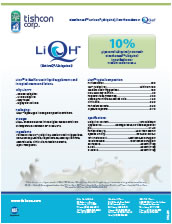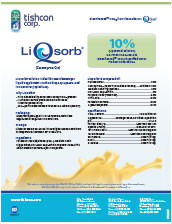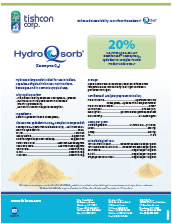FDA Sponsored Phase 3 Trial of LIQ-NOL® in Mitochondrial Diseases
This study is sponsored by the FDA Orphan Products Division, Tishcon Corp., & General Clinical Research Centers funded by the National Institutes of Health.
Study Information
The study will help provide information to determine if Coenzyme Q10 (CoQ10) is a safe and effective treatment for children with mitochondrial diseases. There are no cures for mitochondrial diseases at this time. Treatments have sought to help reduce the symptoms or delay the progression of the disease. CoQ10 is a mitochondrial cofactor and antioxidant that is a part of the process by which food and oxygen are converted into energy by cells.
Eligibility
Children age 12 months to 17 years with biochemical or genetic proof of a mitochondrial disease. There are factors that could exclude some children with a mitochondrial disorder from participating. Ask the study coordinator if your child is eligible to participate.
If your child is not eligible, that does not mean that he/she does not have a mitochondrial disorder, as there are many specific factors that are part of the selection process.
Participation
Your participation is important because: It will contribute to medical knowledge about mitochondrial diseases, help determine the benefit of CoQ10 in treating mitochondrial diseases, and help future clinical research trials look for specific treatments for people with mitochondrial deficiencies.
Potential Benefits
- Developmental evaluation of your child
- Evaluation of his/her motor skills
- Objective evaluation of effectiveness of CoQ10
Participating Centers
- General Clinical Research Center, University of Florida, Gainesville, Florida
- William T. Dahms Clinical Research Unit, University Hospitals Case Medical Center, Cleveland, Ohio
- Cincinnati Children’s Hospital Medical Center, Cincinnati, Ohio
- Hospital for Sick Children, University of Toronto, Toronto, Ontario, Canada
Click here for more information on www.clinicaltrials.gov
Click here for more information from MedlinePlus
What is coenzyme Q10 (CoQ10)?
CoQ10 is a vitamin-like nutrient that plays a vital role in cellular energy production. It is also known as ubiquinone because its chemical structure is that of a quinone and it is ubiquitously distributed in nature. The USP refers to CoQ10 as Ubidecarenone.
Who discovered CoQ10?
CoQ10 was discovered by Dr. Frederick L. Crane at the University of Wisconsin in the late 1950s during his research on the biochemistry of the mitochondrial electron transport chain, also known as the respiratory chain.1 The pure substance isolated from beef heart mitochondria was sent to Dr. Karl Folkers at the pharmaceutical company Merck for identification and elucidation of its structure. It was designated coenzyme Q10 because of its quinone structure and the ten isoprene unit side chain. During the same time period, another group of scientists led by Dr. R. A. Morton in England isolated the same substance from mitochondria and named it ubiquinone because of its widespread occurrence in nature. The vital role of CoQ10 in the electron transport chain was first described by Dr. Peter Mitchell of England who was awarded the Nobel prize for his work.
What is the chemical nature of CoQ10?
The chemical structure of CoQ10, elucidated by Dr. Karl Folkers and his group, is 2,3-dimethoxy-5-methyl-6-decaprenyl-1,4-benzoquinone.2 The chemical identification number (called CAS #) assigned to ubiquinone is 303-98-0, and for ubiquinol (the reduced form of CoQ10) it is 992-78-9. The structures of ubiquinone and ubiquinol are shown below.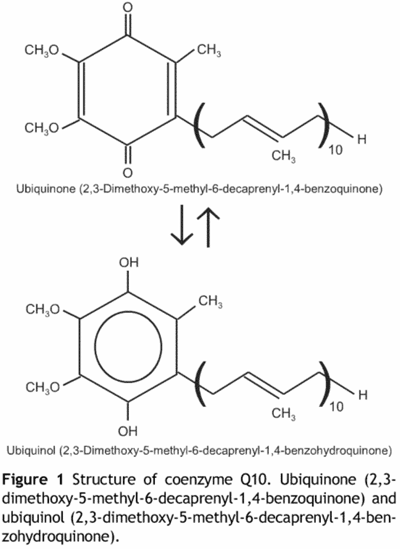
Learn More about CoQ10 at NutriLearn.com!
http://www.nutrilearn.com/coq10/coq10.html







